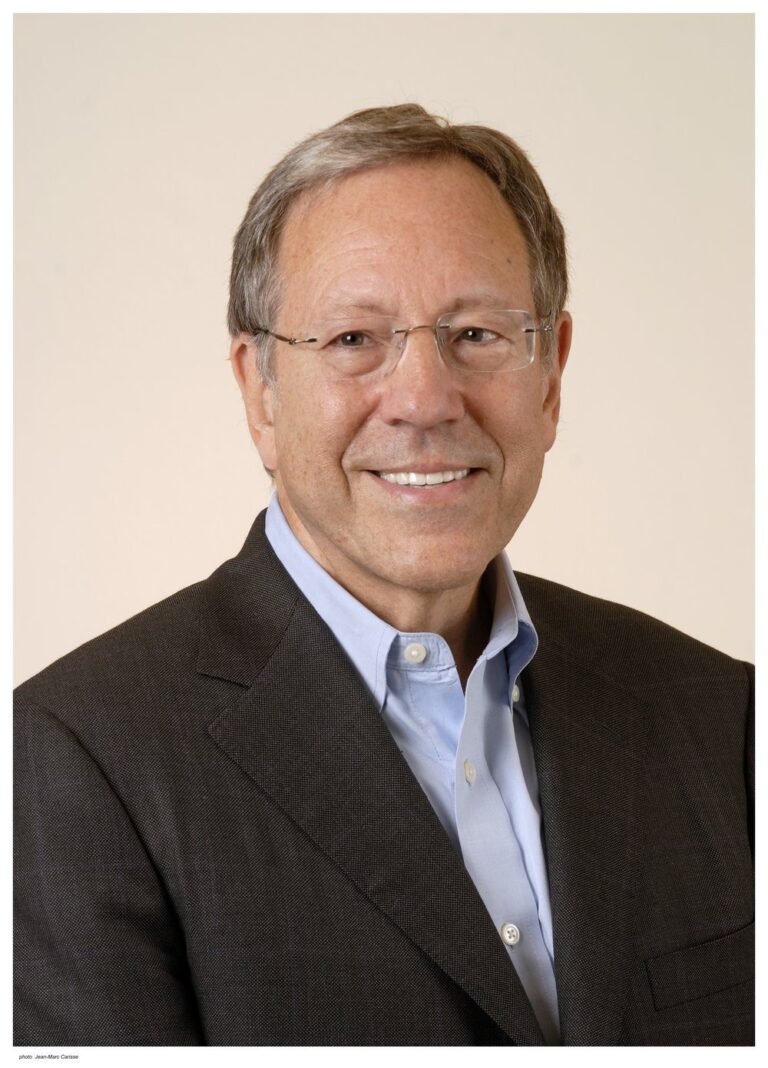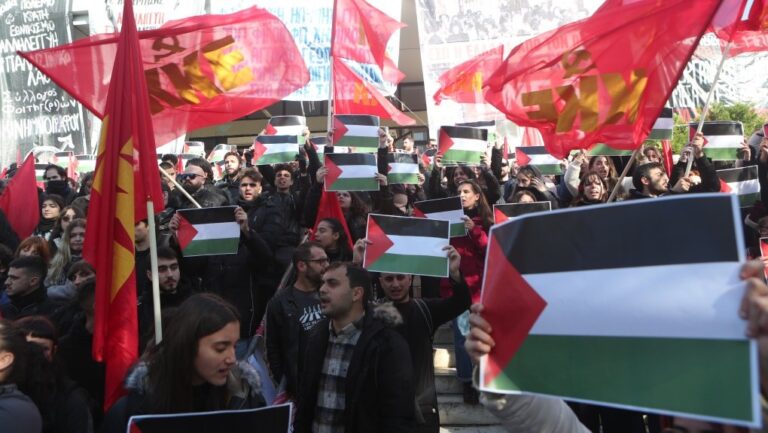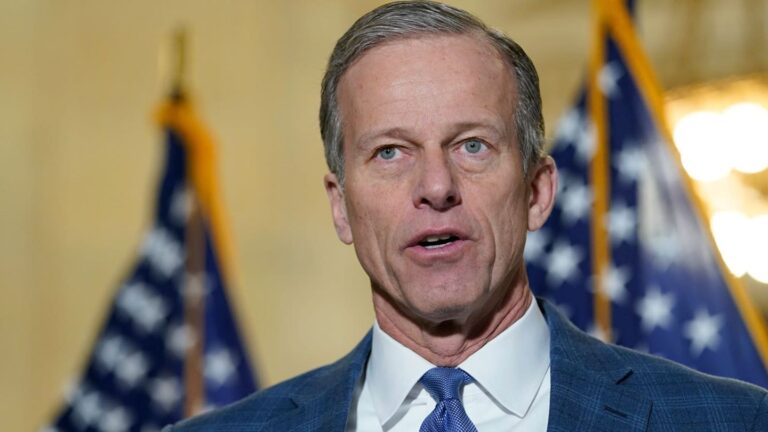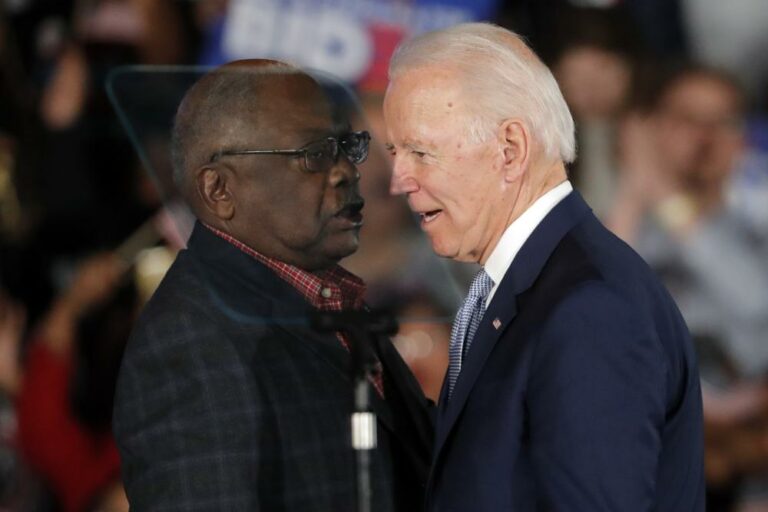 The rise of far-right movements and anti-Semitism across Europe, notably in Hungary, where more than half a million Jews were killed in the Nazi Holocaust, will preoccupy Jewish leaders from around the globe when they meet in Budapest on Sunday.
The rise of far-right movements and anti-Semitism across Europe, notably in Hungary, where more than half a million Jews were killed in the Nazi Holocaust, will preoccupy Jewish leaders from around the globe when they meet in Budapest on Sunday.
“Clearly, anti-Semitism in Hungary is on the rise, and we have also witnessed a dramatic growth in the number of attacks against other minorities such as the Roma,” World Jewish Congress (WJC) president Ronald Lauder told Reuters by email.
He said the rise of the far-right opposition party Jobbik posed a threat to Jews and other minorities living in Hungary.
“We believe that the Hungarian government should take stronger action to combat hate crimes. It should not just react, but present a long-term strategy how to improve the situation,” Lauder said.
A WJC spokesman said the Congress had chosen Budapest as the venue for its annual meeting partly to show solidarity with the Hungarian Jewish community, but said Hungary was not the only European country where anti-Semitism was on the upswing.
Hungarian Prime Minister Viktor Orban’s conservative government, which surged to power in 2010, has repeatedly condemned provocative remarks by Jobbik lawmakers in parliament.
“The government’s policy against anti-Semitism and against hostility towards the Roma is based on the (principle of ) zero tolerance announced by the prime minister,” Ferenc Kumin, a government spokesman, said in a written reply to questions.
In a speech to the WJC, Orban will reiterate his commitment to combat anti-Semitism, his chief of staff said on Monday.
Police have banned a rally which far-right campaigners close to Jobbik had planned to stage against “Bolshevism and Zionism” on Saturday.
“ONLY A SYMPTOM”
Jewish and human rights groups say anti-Semitism remains a significant problem in the central European country.
In November a leader of Jobbik called for lists of prominent Jews to be drawn up to protect national security. He later apologized but did not resign.
The chairman of a Hungarian anti-racism group, Ferenc Orosz – who is also member of the ruling Fidesz party – was attacked by far-right soccer fans at a game on Sunday after he confronted people chanting Nazi slogans.
Foreign Minister Janos Martonyi condemned the attack in a letter as a “shameful and outrageous” act.
Jobbik became the third largest party in parliament in 2010 after vilifying the Roma minority in its campaign platform and attracting voters frustrated by a deepening economic crisis.
The group holds 43 of 386 seats in parliament and has maintained its public support before elections due next year.
“The strengthening of Jobbik is only a symptom … the bigger problem is that around half a million people support the far-right and many people accept the negative attitude to Jews,” Peter Feldmajer, the chairman of the Federation of Jewish Communities in Hungary, told Reuters.
Nevertheless, Feldmajer, speaking in his office near Budapest’s largest synagogue, said the capital had a thriving Jewish cultural life.
Despite the worrying rise of anti-Semitism, “it was a very good feeling to be a Jew in Hungary and to live in a Jewish community that can express itself in any ways: culturally, in religious terms … without any limitations,” he said.
Hungary sided with the Nazis in World War Two. The larger of the two wartime Jewish ghettos in Budapest is now a thriving Jewish quarter with synagogues, bars and restaurants. Tens of thousands of tourists from around the world come to Budapest every year to attend the Jewish Summer Festival.
(Reuters)











One Response
Why is Hungary different than Eretz Yisroel, anti semitism is at its peak, in eretz yisroel but cannot be called anti semitism since both are called yidden but the concept is the same